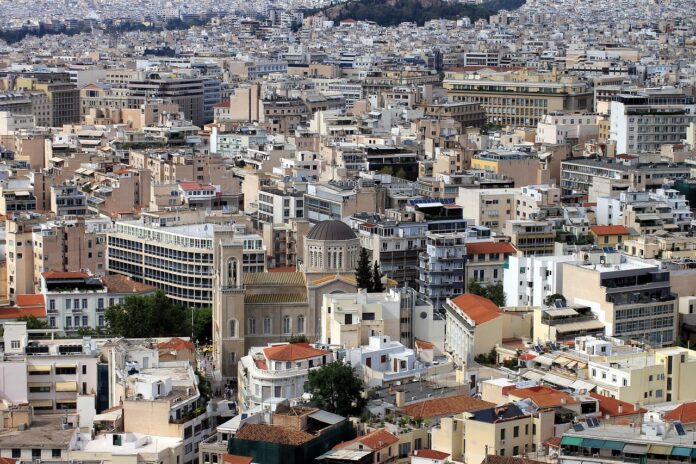The city of Athens, the capital of Greece, is an astonishing and very interesting place, steeped in history. Some of its corners still remember ancient times, and the number of architectural landmarks here is simply overwhelming. It’s an incredibly beautiful place, and it’s no surprise that millions of tourists visit each year.
Facts About Athens:
- In the Greek language, the name of the capital is the same as the name of the goddess Athena, who was considered the city’s patroness, and after whom it was named.
- Athens is one of the oldest cities in the world, but despite its age, it is the youngest European capital. It became the capital of modern Greece only in 1834, and the first capital of the modern Greek state was the equally fascinating city of Nafplion.
- Democracy, as a form of government, originated here. This happened about three millennia ago when the art of rhetoric began to develop and the institution of elections was established.
- More than 4.5 million people live here, and the population density reaches 7,500 people per square kilometer.
- About 40% of Greece’s entire population lives in Athens and its surrounding suburbs.
- Athens is one of the few cities where the Olympic Games have been held more than once—in 1896 and 2004.
- Before Athens was declared the capital of Greece, its local population barely reached 5,000 people. Over the past two centuries, it has increased hundreds of times.
- Athens was named after its patron goddess Athena, but not everyone knows that her rival for the right to be the city’s patron was Poseidon. According to legend, the two deities were to give gifts to the citizens: Athena gave them an olive tree, while Poseidon gave water. The citizens almost unanimously decided that water was more important, but when they tasted it, they found it was salty and unsuitable for drinking or irrigation, so Athena won the contest and became the eternal patroness of the Greek capital.
- At night, special workers scatter stones near the Parthenon so that tourists can take “pieces” of the ancient structure as souvenirs. If not for such measures, the Parthenon would have long been dismantled by souvenir hunters. The authorities in Rome take similar measures with the Colosseum.
- The first modern art museum in Athens appeared only in 2000, and until 2014, it didn’t even have its own building.
- One of Athens’ sister cities is Kyiv, the capital of Ukraine.
- The first modern Olympic Games were held in Athens in 1896, with athletes from 14 countries participating.
- One of the most famous local landmarks is the Acropolis of Athens, built more than 2,000 years ago.
- Athens is one of the oldest cities in the world, with a history spanning over 3,400 years. The first ancient inhabitants appeared here between the 7th and 11th millennia BC.
- The Parade of Nations at the opening ceremony of every Olympic Games traditionally starts with the delegation from Greece, the birthplace of the Olympics, and ends with the delegation of the host country. In 2004, when the Olympics were held in Athens, this was resolved by having a Greek flag bearer open the parade, with the rest of the Greek team entering at the end.
- In 1821, the Greeks began their struggle for independence from the Ottoman Empire. In one battle, the Greeks besieged the Acropolis of Athens. When the Turks ran out of ammunition, they began to dismantle the Parthenon’s columns, extracting the lead connecting elements and cutting them into bullets. Upon learning of this, the Greeks themselves sent a batch of lead to their enemy to prevent the monument’s destruction.
- Today, Athens is one of the world’s main centers for archaeological research.
- About 50,000 ancient artifacts were discovered during the construction of the Athens Metro tunnels. Some were sent to museums, while others were used to decorate the metro stations.
- The marathon race as a sporting discipline first appeared in Athens.
- Athens has 148 theaters, more than any other city in the world.
- Throughout its long history, the residents of Athens have experienced nearly every known form of government: monarchy, democracy, socialism, capitalism, and even communism.
- In ancient Greece, Athens was famous for its sandals. They remain popular today, not just as souvenirs. The most expensive and authentic models are handmade.
- Once, a temperature of +48 degrees Celsius was recorded here, higher than in any other European city.
- Most historians agree that the world’s first theaters appeared in Athens.
- In 1985, Athens was awarded the title of European Capital of Culture, a rotating honor. Athens was the first city to receive this status. Each year, a new city is chosen.
